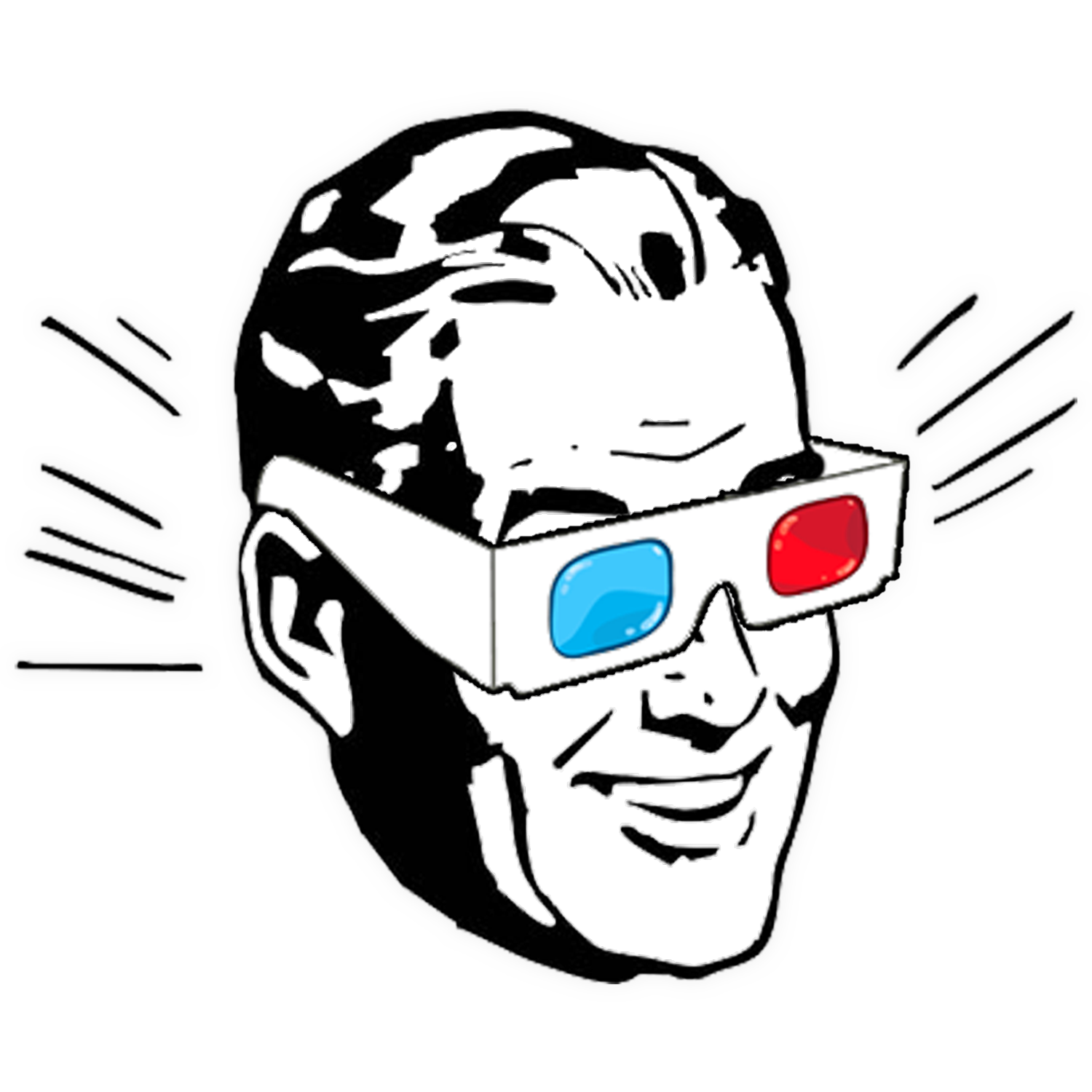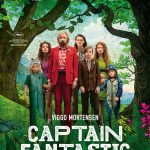
Cafe Society
July 21st, 2016
MOVIE: CAFE SOCIETY
STARRING: JESSE EISENBERG; KRISTIN STEWART; STEVE CARELL; BLAKE LIVELY
DIRECTED Y: WOODY ALLEN
AMovieGuy.com’s RATING: 3 Stars (Out of 4)
In Woody Allen’s last two films, Magic in the Moonlight and Irrational Man, I sensed a tone of anger. There was a depressed bitterness, filling the words and actions of the standard Allen-esque characters. The consistent storylines involving two lovers intertwined with themes of magic or murder mystery were present, but was, in many ways, a retreat from the jovial or romantic films of his past. Cafe Society, the 46th studio film from Allen, is not recapturing his glory days of Annie Hall or Manhattan anytime soon, but it does have the promising nostalgic flare of say, Radio Days, mixed with the gentle sadness of The Purple Rose of Cairo. It is as pleasant as an old jazz song, set between Los Angeles and Allen’s beloved New York, during the old Hollywood studio days, where the woman had the beauty of the next Barbara Stanwyck and the men enjoyed cigars in a smoky lounge. Cafe Society is a sunny, warm, and gentle film, perfect for the young at heart.
What hovers over Allen, like a black cloud, is the history of allegations of sexual abuse towards his daughter Dylan Farrow. Each year it becomes increasingly difficult to stomach any applause for the director because, as his son Ronan Farrow wrote in his guest column for Hollywood Reporter in May, it feels like “a sterling example of how not to talk about sexual assault.” As a critic of film, I must continue to try and separate the art from the artist, so here I go.
It is the 1930’s, where Jesse Eisenberg stars as Bobby Dorfman, a young man from New York who moves to Los Angeles to get away from his dead-end job, constantly bickering parents, gangster brother (Corey Stoll), and nosey sister (Sari Lennick), with prospects to work for his movie agent uncle Phil Stern (Steve Carell). He’s brought on as an errand boy, where he crosses paths with the lovely assistant Vonnie (Kristen Stewart, who continues her roll of impressive performances), instantly catching the attention of Bobby’s eye. The only problem is, she has a boyfriend, but this lover of hers is Bobby’s very own uncle Phil, making for the uncomfortable triangle of love.
The film is shot by Vittorio Storaro, who uses exquisite lighting and framing of the characters faces, revealing the bright sun which bounces off their khaki colored suits and sparkling cool beach backgrounds (I think an Oscar nomination should be awarded here). The film does take some time to fully settle into, with a narration from Allen himself that feels unnecessary. Woody’s script switches back and forth between a darker, rugged, and lived-in New York versus the high-gloss, fancy lifestyles of Los Angeles. This has been a constant battle for Allen in his own personal life; enjoying the glitz and glam for Hollywood, but often yearning for the jazz and nightlife of his hometown.
The struggle is for Bobby to find his place and to win the heart of Vonnie. It leads him back home to run a fancy New York nightclub with his brother, leaving his lost love behind. The Social Network star is doing his own version of Woody here, which is sporadic at times, but eventually feels genuine and charming. It is Stewart whose character feels complete, as she struggles with the emotions of choosing the right man and fighting to stay grounded through it all.
The central theme of Cafe Society, which is a gradual climb, is finding your place and learning that the heart wants what it wants. I did have some major quarrels with the casting choices, specifically Blake Lively who arrives as the gorgeous Veronica, another distraction for Bobby. Her beauty will shock most viewers, making Eisenberg’s conundrum of choosing between the two ladies, both gluttonous and obnoxious. I guess the heart wants what it wants…
Of course, Allen’s writing sprinkles in his theories on death, the afterlife, his Jewish roots, and a bit of humor to lighten up any of the dramatic tension. The ending is an honest, and poetic conclusion, which I loved, quite frankly. It makes for a fancy affair, bringing Woody Allen back to his home of New York and away from his more recent foreign locations. I think it’s good for the controversial director to get back to the place where he got his start. It’s this kind of nostalgia that had audiences watching in the beginning, reminding us that escaping to Hollywood is nice, but home is always where the heart is.
3 Stars
Written by: Leo Brady
leo@amovieguy.com








